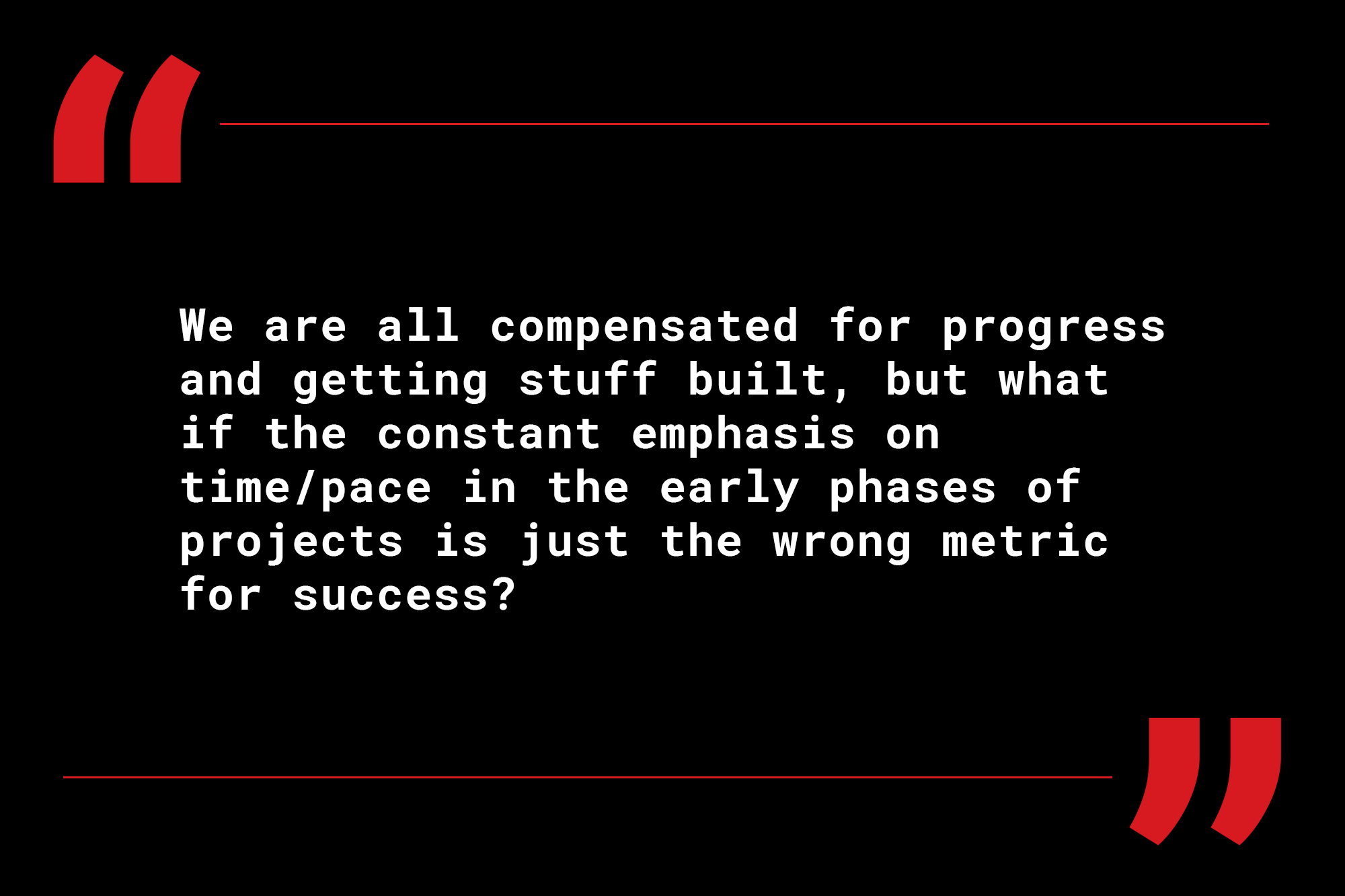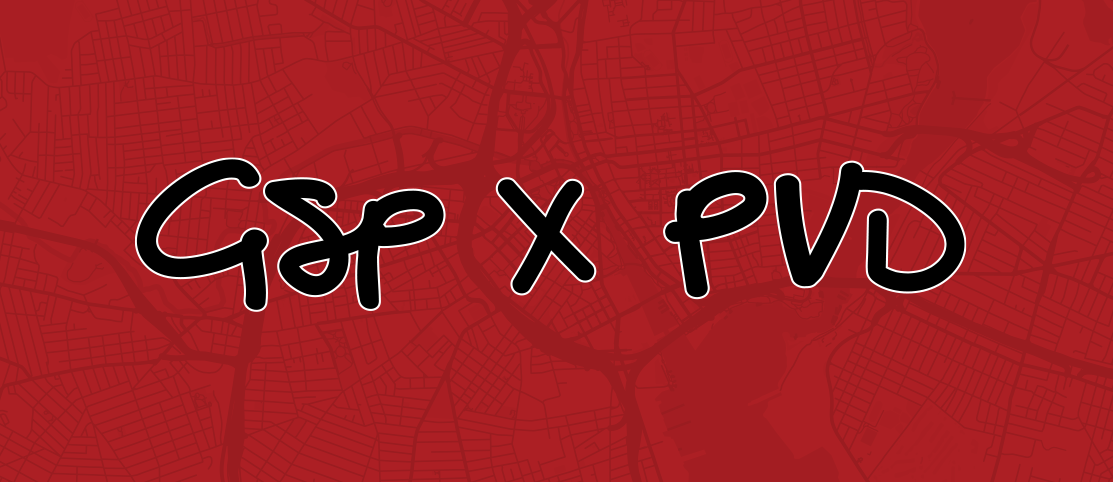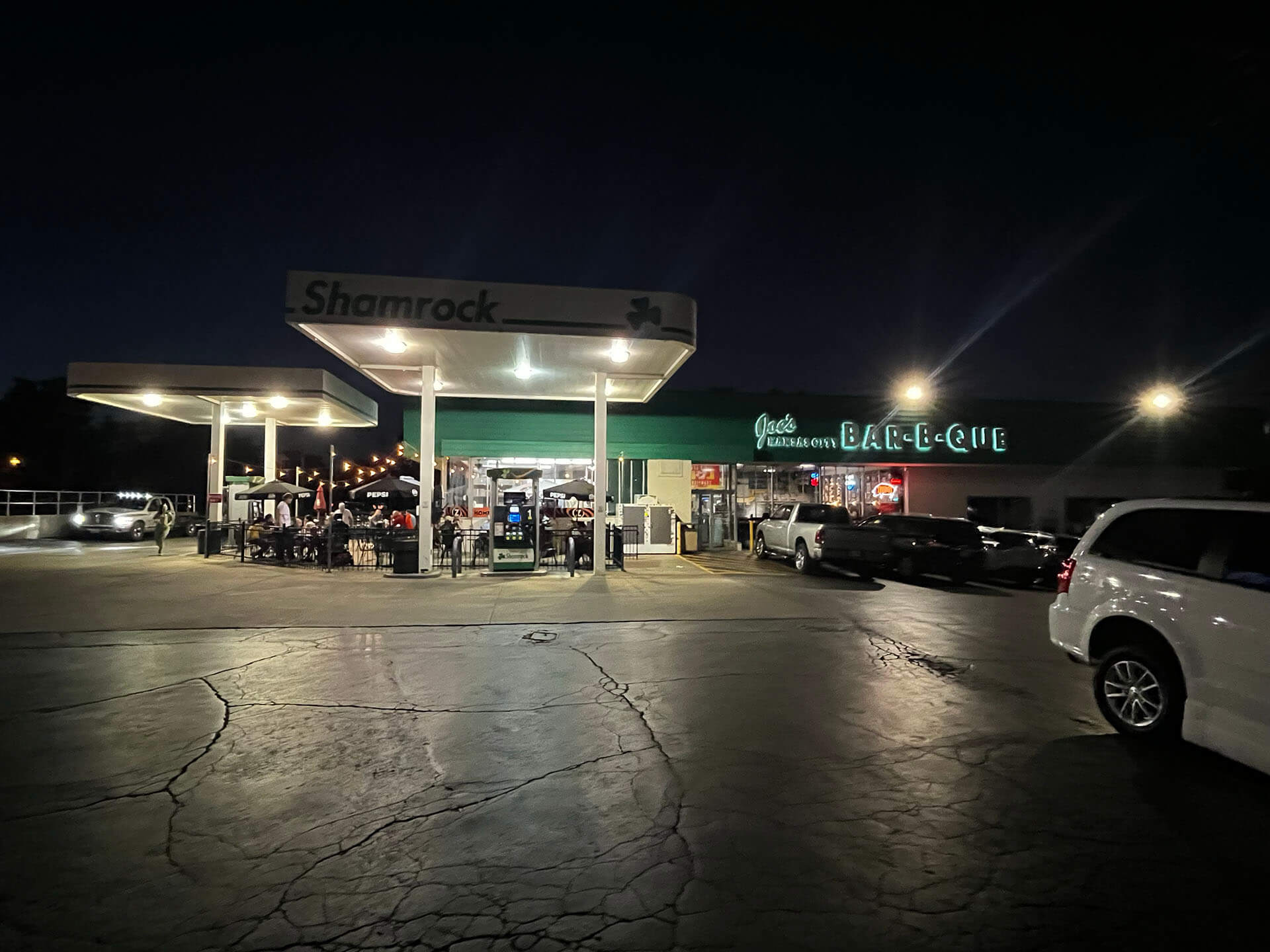Update #19: Urgency Examined
Dear Clients & Colleagues,
At the beginning of December, I attended a Board of Directors retreat as part of my work with a local nonprofit. The venue was an expansive campus that hosts a lot of corporate trainings (mostly for big businesses, not nonprofits like we were), led by a collection of in-house facilitators.
Our first task for the day was a team puzzle. We had 44 minutes to complete it. And we nailed it, completing the puzzle successfully within the allotted time. It was a solid team building exercise and we left the challenge feeling as though we were all heard and involved in the result.
Despite our apparent success in the task, the debrief got weird. We heard about other groups that “crushed” the exercise in less than 50% of the time it took us. And it was framed as if this was a more successful result than ours. But never were we told that speed mattered, only that we had 44 minutes to complete the puzzle.
In hearing about how other groups “crushed it” we didn’t hear about how individual members of those groups felt about the process, if there was conflict, if the result led to a great retreat thereafter, or if these other groups actually learned anything that helped them with subsequent challenges and work together. Urgency, somehow, was implied in this exercise even if not explicit in our very detailed written instructions passed out before we started. And urgency/pace was, oddly, celebrated at the end.
This exercise sums up so clearly to me the way urgency is baked into our corporate culture even at times when it doesn’t need to be, and when pace is totally disconnected from a larger goal. I feel it too often in our work at Graffito. And often our work suffers from this default perspective: that faster is better.
We are all compensated for progress and getting stuff built, but what if the constant emphasis on time/pace in the early phases of projects is just the wrong metric for success? What if once we get more realistic and slow things down a little — spend more time on goal setting, community engagement, urban design, and public realm planning — we work more efficiently? And at the same time the result is better, more equitable, more profitable, and leads to more gains for more people…
My major takeaway of 2021 is that the sense of urgency — the faster is better approach — that is embedded in much of our work is a major problem; and often a massive miss. It spurs project outcomes that are less thoughtful, calculated, and creative. Further, urgency in professional settings, especially at real estate firms, may result in processes that leave critical stakeholders behind, fuel flawed internal decision making, and perpetuate certain aspects of institutional racism in the staffing, permitting, underwriting, design, and marketing of projects (Go a bit deeper here: Stanford Social Innovation Review: The Bias of ‘Professionalism’ Standards).
——
As part of our planning for Graffito’s success beyond 2021, I (and we, as a team) have been thinking a lot about corporate culture and, specifically, related norms within the real estate development and planning community (both public and private) that fuel systemic inequalities in our cities. These inequities include a failure to adequately invest in public transit, a lack of affordable housing, racist lending and leasing practices, a relative dearth of non-white CEOs, a disproportionate lack of non-white owned retailers in central business districts, and poorly designed public spaces outside of the wealthiest communities. Said inequalities, among others, perpetuate enormous obstacles to creating value for our partners, clients, and the municipalities in which we work.
Pushing back against these conditions and the pattern of impediments that disempower and marginalize non-white lead organizations, small businesses, and retailers has become increasingly threshold to Graffito’s work; because it’s threshold to creating more interesting and valuable urban places.
To do this we’ve had to start with some serious introspection about our own processes, biases, and business strategies. We’ve had to further adjust the lens through which we look at projects, taking an even more expansive neighborhood-scale and context-specific approach, looking more intensively at what exists today — and historically — versus what our clients and partners want to build for tomorrow.
Because of this introspection, and in preparation to better execute on the above, Graffito is very different today than it was at the start of 2021.
We are smarter. We are more focused on impact. We are more willing to talk about race and racism. We have a more multidisciplinary, larger team. A more diverse team. We are working on bigger and more complex projects. We are ready to say no to work that doesn’t align with our values. We are more ready to acknowledge our own mistakes and limitations. And we know that, at times, we need to work slower…
Yes, slower.
——
In 2021 we at Graffito experienced the benefits of slowing down. We have seen the value created when our clients and partners (and we) are willing to take the time needed to focus on equity, quality, integrity, and creativity. It resulted in one of the most successful years in our history. We completed more leasing assignments than in any other prior year; we did more deals with black and brown owned businesses than ever before; and we partnered with our clients in more expansive and meaningful ways through the launch of Graffito ID.
To accomplish all this (and to continue doing so) we have grown our team. And in this pursuit — our own hiring — we have also deprioritized pace in the face of other more important considerations.
First, we recognized that before hiring specialists for our respective business lines we had to put in place an internal-facing leader to ensure said growth is done responsibly, ethically, and deliberately. This meant adding Melissa Castro to the Graffito team in July to serve as Chief of Staff and Director of Operations. In turn, Melissa led a search for a new team member to join our leasing practice. She was charged with pressing the brakes on our usual hiring process, forcing us to look outside our usual networks for qualified candidates, while also putting new processes in place that helped us move away from the more binary (and often overly subjective) paradigm of “fit vs. non-fit” in the selection process. Melissa’s work led to an abundance of excellent candidates; candidates that were diverse racially, ethnically, and professionally. The outcome was the hiring of Tania Celestin, who joined Graffito in early December 2021 as our new Retail Leasing & Development Associate. We are beyond excited to have her on the team as we dive into 2022.
——
Like with our own hiring process, in 2022 we are going to spend more time expanding our network, working on and defining goals before we hit go, moving beyond binary decision making, and slowing down a bit to give ourselves more time to be thoughtful, creative and deliberate. We are going to look to you all to join us on this journey too… To work with us to further prove-out that faster isn’t always better. And to resist the sense of urgency that too often stands in the way of better, more equitable, more scalable, and more valuable city building.
Our whole team over here — Angela, Brooke, Corey, Dave, Drew, Gustavo, Johanna, Melissa, Tania and I — thank you in advance for your partnership and for a past year of work with so many of you that have already been giving us the space, time, and trust to do impactful, meaningful and profitable work. So much more to come.
Happy new year, and onward to 2022.
/Jesse
Past Client Updates here: https://graffito.com/client-updates/




